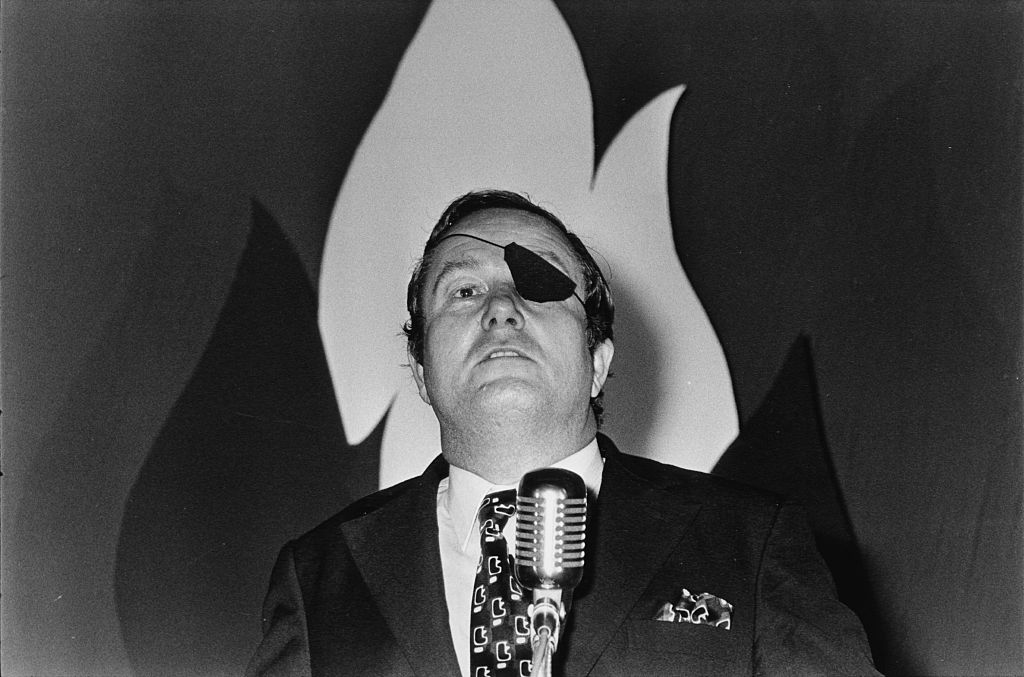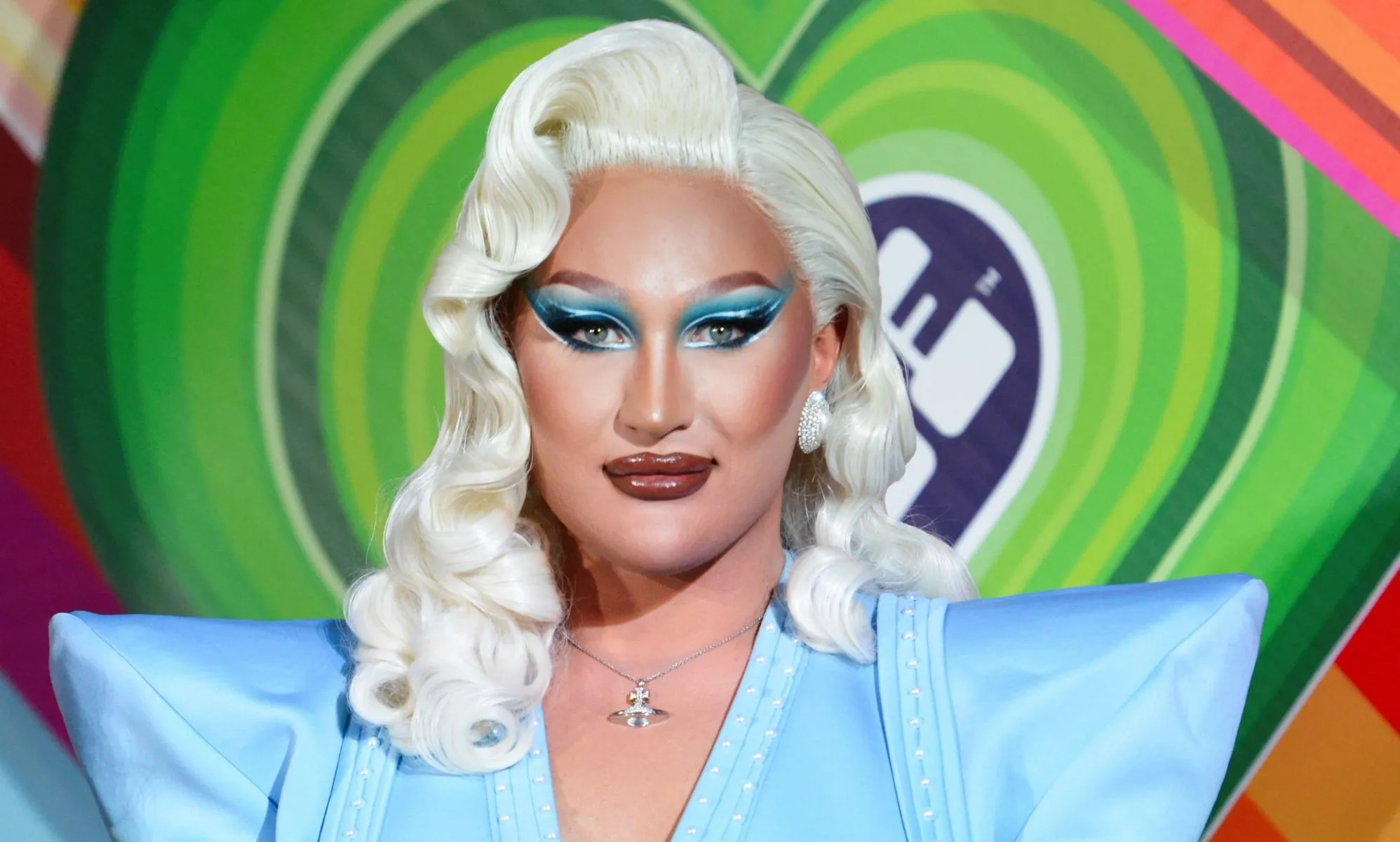Eurovision bans Russia from 2022 contest after widespread outrage
Manizha Dalerovna Sangin ‘Manizha’ of Russia during the 65th Eurovision Song Contest grand final. (Dean Mouhtaropoulos/Getty)
Eurovision organisers have backtracked on their decision to allow Russia to compete in the contest this year following the country’s invasion of Ukraine.
There was widespread backlash on Thursday (24 February) when Eurovision bosses said Russia would still be allowed to send an entry to the hugely popular competition. The announcement came just hours after Russia launched a “full-scale invasion” in Ukraine, prompting international outcry.
The European Broadcasting Union (EBU), which produces the Eurovision Song Contest, announced on Friday (25 February) that Russia will no longer be allowed to take part.
The union said its executive board made the decision after it received a recommendation from its governing body. That recommendation was “based on the rules of the event and the values of the EBU”, the EBU’s statement said.
Statement from @EBU_HQ regarding Russia’s participation in the Eurovision Song Contest 2022.https://t.co/HmKJdqVE4J pic.twitter.com/tVH6yFxzbq
— Eurovision Song Contest (@Eurovision) February 25, 2022
“The decision reflects concern that, in light of the unprecedented crisis in Ukraine, the inclusion of a Russian entry in this year’s contest would bring the competition into disrepute,” the union said.
“Before making this decision the EBU took time to consult widely among its membership.
“The EBU is an apolitical member organisation of broadcasters committed to upholding the values of public service.
“We remain dedicated to protecting the values of a cultural competition which promotes international exchange and understanding, brings audiences together, celebrates diversity through music and unites Europe on one stage.”
Eurovision had faced criticism for allowing Russia to compete despite Ukraine invasion
The U-turn comes after the union initially defended its decision to allow Russia to compete on Thursday, describing Eurovision as a “non-political cultural event”.
However, the Public Broadcasting Company of Ukraine (UA:PBC) had called on the EBU to ban Russia from the contest, citing concerns that the Russian broadcaster is acting as a “mouthpiece for the Kremlin” that’s spreading “political propaganda” about Russia’s invasion of Ukraine.
Ukraine was plunged into a state of emergency in the early hours of Thursday morning when Russian president Vladimir Putin announced that he would be launching a “special military operation” in a surprise televised announcement.
What unfolded was a full-scale invasion. Civilian casualties have been reported and countless people have fled the country and their homes to get to safe zones.






